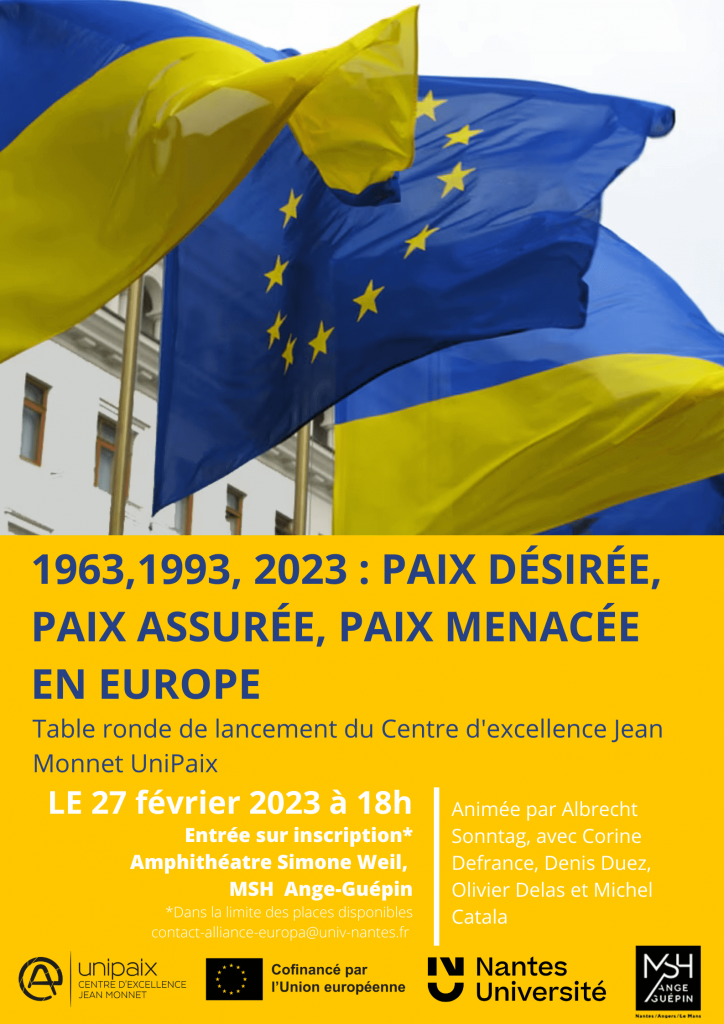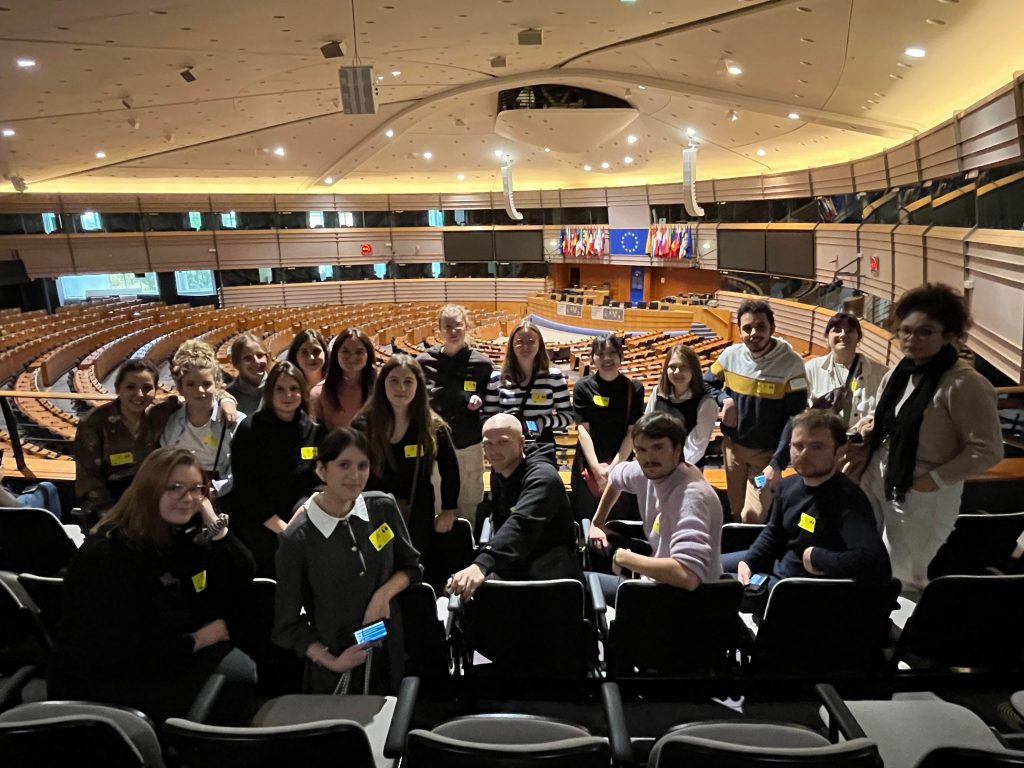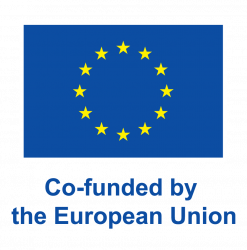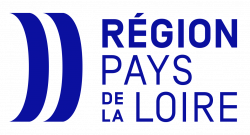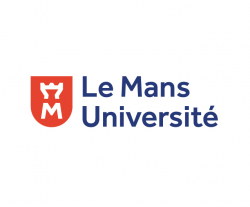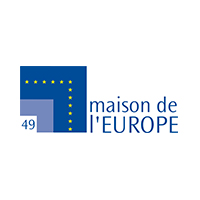Des appels européens Horizon 2020 abordent des questions de gouvernance européenne.
Si vous êtes intéressés par un appel H2020, contactez-nous ou CAP Europe au plus tôt pour avoir plus d’informations.
Specific Challenge: There is a pressing need for the EU to improve its capacities and capabilities for conflict resolution, prevention and mediation. As highlighted by the EU’s Global Strategy and the European Defence Action Plan, a key challenge is to accommodate
multiple action domains, including traditionally internal policy areas, in a joined -up external action alongside the Common Security and Defence Policy. An integral challenge is to ensure that the EU external policy and the foreign policies of Member States are coordinated when engaging with strategic global partners.
Pour en savoir plus >>
- « Developing deliberative and participatory democracies through experimentation » – SU-GOVERNANCE-21-2020
Specific Challenge: Liberal democracies have come under pressure in recent times. Politicaldistrust, polarizing discourses, lower electoral participation and populist narratives that reject the idea of an open society manifest themselves in Europe and beyond, with very strong support. The challenge therefore is to examine whether and how deliberative and participatory approaches–theoretically and practically – can fulfil the promise of greater and more enlightened participation in the present context and reach out to include those alienated from the political process. The difficulties deliberative and participatory approaches may face are also important to appraise.
In the last two decades deliberative and participative democracy has become increasingly prominent as a response to the challenges besetting liberal representative democracies. Premised on notions of direct democracy, active citizenship and decisions reached through argumentation, these new practices of democracy has in theory the potential to revive democratic legitimacy and help close the gap between citizens and political elites, who are often perceived as representing powerful interest groups.
- « Addressing radicalization through social inclusion » – SU-GOVERNANCE-09-2020
Specific Challenge: The spread of radical ideologies leading in some cases to violence has prompted the EU and its Member States to develop prevention policies and effective intervention scenarios supporting social inclusion. To further develop and proactively target the needs of policymakers and practitioners, a comprehensive evidence base analysis on trends in radical ideologies and extremism and on the drivers of polarisation and radicalisation is necessary.
- « Citizen-centric public services in local and regional administrations » – DT-GOVERNANCE-22-2020
Specific Challenge:With the adoption of the Tallinn Declaration, the ministers in charge of policy and coordination of digital public services in the countries of the EU and EFTA, recognise the needs and expectations of the citizens and businesses when interacting with public administrations and commit that the design and delivery of their services will be guided by the principles of user-centricity.
The digital transformation of the public administration shall be implemented at national, regional and local levels.
- « New forms of delivering public goods and inclusive public services » – DT-GOVERNANCE-05-2018-2019-2020.
Specific Challenge: Governance is being transformed by new approaches to delivering public services which allow for the involvement of citizens and various other actors. The challenge is to critically assess and support as needed this transformation based on an open collaboration and innovation platform supported by ICT (‘government as a platform’) and on an open environment and ecosystem with clear frameworks and guidelines for modular services quality (‘government as a service’) in accordance with the EU eGovernment Action Plan 2016-2020 and the European Interoperability Framework Implementation Strategy. In particular, to deliver better public services, public administrations need to regroup resources together under common infrastructures at the European level that serve the needs of various actors and enable the participation of all relevant communities. In addition, to ensure a cost efficient provision of inclusive digital services, there is a pressing need to identify gaps in accessibility solutions, to establish related best practices, and to promote training, awareness raising and capacity building.
Pour en savoir plus >>
- « Support to the networking of national R&I Think Tanks for helping co-shape and share a common perspective on R&I policy across Europe » – GOVERNANCE-23-2020
Specific Challenge: The intended new governance of R&I policy at EU level relies on a combination of co-creation across policy fields and co-design with relevant stakeholders, as part of an open, transparent and cooperative relation between science and society. This
implies developing a shared understanding and common views on policy challenges and opportunities based on sound evidence and continuous exchanges with policy advisors and shapers active at national level. In that regard, there is a need to help the transparent
networking of R&I Think Tanks across the EU to strengthen and enlarge their input to the co-design of R&I policy.
Specific Challenge: The times of social, economic, technological and cultural changes we live in generate opportunities as well as new challenges for people, society and culture. Innovations will bring (assumed) benefits and (perceived) threats. They may bring economic progress but also societal anxieties and feelings of insecurity. Technological changes will affect employment and production as well as ethics, trust, legal frameworks, decision-making processes, social protection mechanisms, education and learning. At the same time, society will shape these technological changes. The changes will open discussions on values and identities, principles of democracy, questions of social justice, cohesion and inclusion, knowledge and information and the meaning of work and leisure. There will be changes in the way people communicate with each other (and, increasingly, with machines and robots) and find meaning in their lives. To ensure that future innovations and decision-making are imaginative, culturally and historically informed, ethically grounded and context-specific, a knowledge base on the contexts, processes and consequences of innovations is needed.
Specific Challenge: The combined effects of technological transformations, of trade and globalisation have created winners and losers in Europe and in the rest of the world. European economies are confronted with the co-existence of skill shortages, high unemployment, increased inequalities in income and wealth, asymmetrical labour mobility within Europe, as well as emigration and immigration. These structural imbalances need to be addressed, because political concerns in the Western world, and in particular in the European Union, relating to future challenges for shared prosperity are growing, in a context of uncertain futures. Following the assessment of the impact of technological progress, trade and globalisation on skills, employment, inequalities in income and wages and on labour mobility and migration in the EU, realistic and accurate projections into the future on the combined effects of technological progress and globalisation are needed to prepare our economies, societies and policies for what is to come and to build up capacities for influencing these changes.
- « Pilot on using the European cloud infrastructure for public administrations » – DT-GOVERNANCE-12-2019-2020
Specific Challenge: Given the complexity of our societies, public authorities need innovative means and tools that can enable them to develop better evidence-based policies. The development of such policies needs to involve local actors such as citizens and businesses, in order to better inform policy-making while ensuring higher levels of acceptance for policies and of trust in the authorities. Data analytics and usage of cloud infrastructure to gain access to shared data can help improve policy making at all levels, national but also local. Moreover, engaging citizens and local actors in the generation of data or in the analysis of ‘big data’ and its ethical issues can assist local governance.
Pour en savoir plus >>

